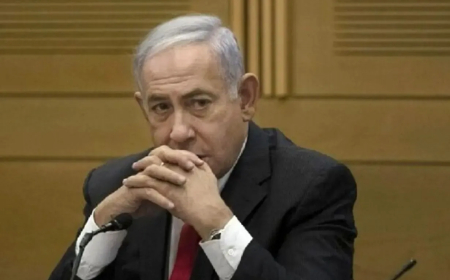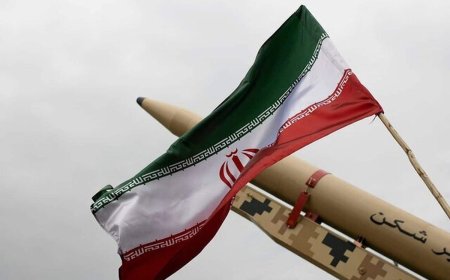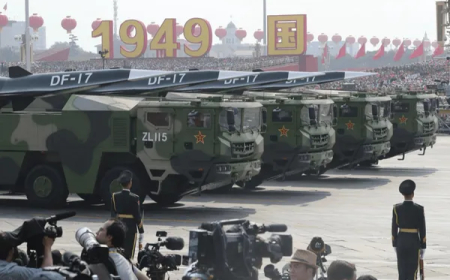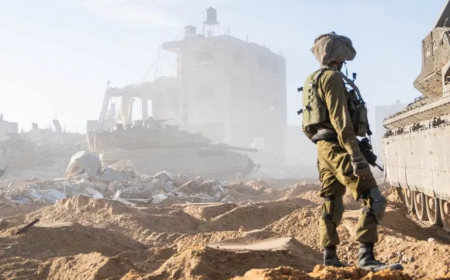European Troika’s Attempt to Isolate Iran Ends in Failure
While Western governments continue their efforts to push Iran out of the international arena, a series of recent diplomatic, security, and economic initiatives show that Tehran is far from isolated — instead, it is expanding its influence across regional and global platforms.
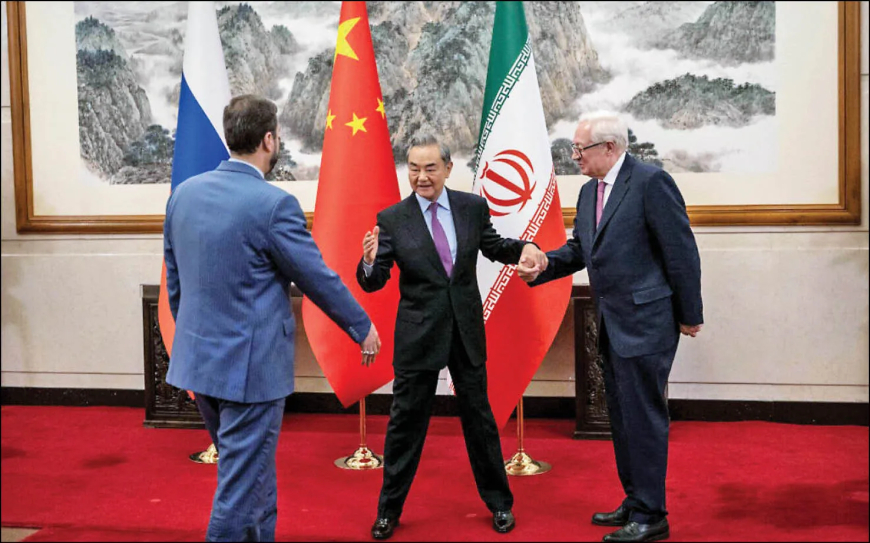
The West’s long-standing campaign to isolate the Islamic Republic of Iran has once again fallen flat. The European troika’s illegal move to reinstate the previously lifted UN Security Council sanctions not only failed to sideline Iran but also prompted Tehran to intensify its diplomatic engagement at both regional and international levels.
In recent months, clear signs have emerged of Iran’s growing presence in political, security, and economic spheres — a trend Western analysts now describe as “the end of Iran’s isolation strategy.”
One key example of this momentum was Iran’s parliamentary delegation participating in the 151st Inter-Parliamentary Union (IPU) Assembly in Geneva, where Iranian lawmakers highlighted the country’s humanitarian positions and commitment to international law. The event provided an opportunity for parliamentary diplomacy and for expanding Iran’s bilateral and multilateral interactions with other states.
In the security domain, Iran is set to host the Shanghai Cooperation Organization (SCO) joint counterterrorism exercise on December 4 (Azar 13) in Tabriz. The drill marks a significant step toward strengthening regional security cooperation and demonstrates Asia’s growing alignment in countering terrorism and unilateral Western approaches.
On the economic front, Tehran recently hosted the Economic Cooperation Organization (ECO) ministerial meeting on October 26–27, the first such gathering after a 15-year hiatus. The meeting reaffirmed Iran’s active position within the organization and opened new avenues for economic collaboration despite Western sanctions.
Regionally, Iran–Saudi relations have seen notable progress over the past two months. The participation of at least three Iranian ministers in international and regional meetings in Riyadh highlights a renewed phase of active diplomacy between the two nations — one that could pave the way for deeper bilateral ties and broader regional cooperation.
Meanwhile, the international travel and tourism platform “Travel and Tourism” reported that Iran welcomed more than 3.5 million foreign tourists in the first half of 2025, signaling the resilience of Iran’s tourism sector despite Western sanctions and anti-Iran propaganda. The figures underscore the failure of the West’s narrative to deter engagement with Iran.
Even Western think tanks have acknowledged the futility of the isolation strategy. The Atlantic Council, in a recent analysis, admitted that renewed sanctions have only served to strengthen Iran–Russia relations and foster new frameworks for cooperation against Western unilateralism.
Finally, a joint letter by Iran, Russia, and China to the IAEA Director General emphasized the termination of UN Security Council Resolution 2231 and the end of the IAEA’s reporting mandate under it — a move that reinforces Iran’s position within the IAEA Board of Governors and counters Western political narratives targeting Iran’s peaceful nuclear program.
Collectively, these developments paint a clear picture of Iran’s current foreign policy reality: far from being isolated, the Islamic Republic is leveraging multilateral engagement and regional cooperation to consolidate its position within the evolving international order.
